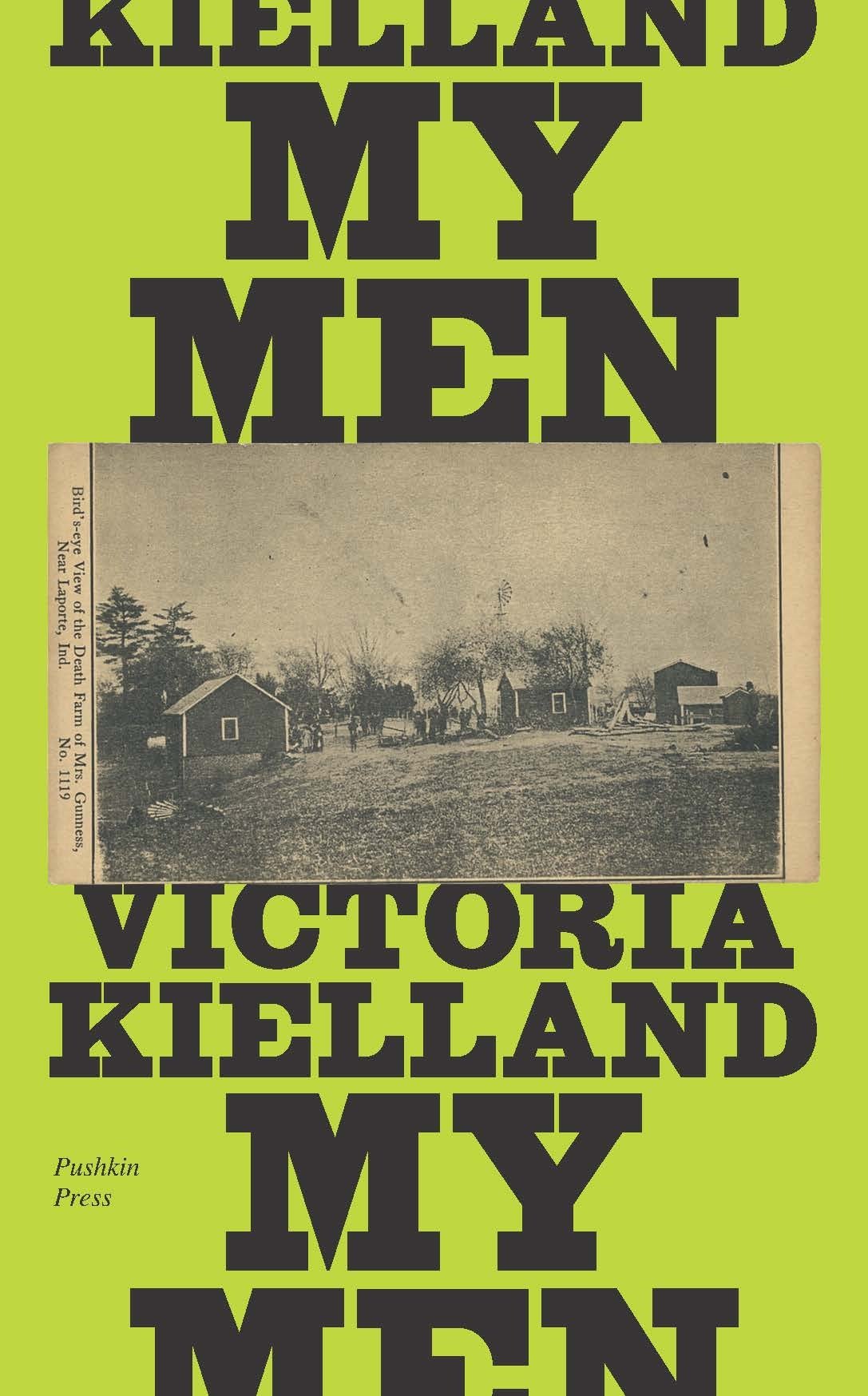“My Men” is the story of a young Norwegian woman who moves to America towards the end of the 19th century, changes her name and establishes a new life. Eventually she's discovered to be a serial killer responsible for the deaths of at least 14 people. Kielland reimagines this historical case of Belle Gunness from the inside of her troubled consciousness. Yet, rather than poring over gory details or building a thickly plotted story of dread, the author traces the shifting emotions of this woman whose life is driven by loss, loneliness, bad faith and bad logic. There's a bewitching nature to the poetic prose style which is at once claustrophobic and achingly tender. Rather than offering an explanation for why and how this occurred, this novel is moreover concerned with meticulously recording the state of its heroine's mind.
There's a cumulative sense of Belle's bleakly abiding aloneness in the world and fractured relations to other people. It's noted how “Bella stared into life and saw herself lying all alone at the bottom” and “The world was a whole, she could see it, but it was like she was standing just outside it and there was nothing she could do but cry.” This sense of complete separateness seems to foster a sense of absolute independence where she is wholly self-reliant and governed by her own sense of righteousness. In doing so the story traces how she comes to feel fully justified in her murderous actions: “Her carnivorous heart was exactly that simple, moments of closeness, a big black wound. A whole European map of dead men.” It makes for a very unsettling and strangely haunting read.









